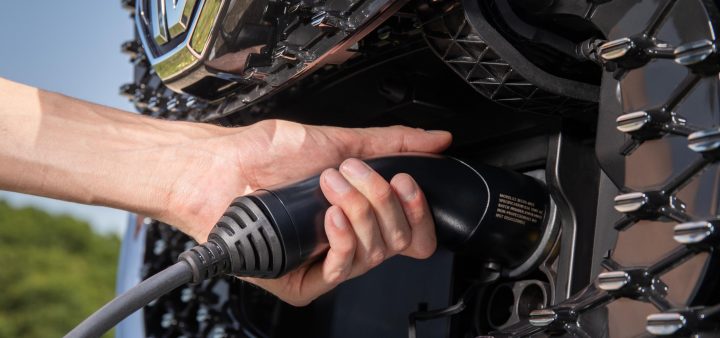Car makers have called for millions of new charging points to be installed in Britain and for Government help towards building enormous factories to manufacture traction batteries for new cars if the UK is to hit its low and zero emissions goals.
The Society of Motor Manufacturers and Traders ambitious plan, ‘Full Throttle: Driving UK Automotive Competitiveness’, is intended secure the future of one of Britain’s most important industries.
The automotive manufacturing sector employs around 180,000 people nationwide, contributes £15bn to the economy and is the country’s largest exporter of goods. Moreover, automotive enables mobility. Cars and other vehicles take people to work and education, deliver food and goods and support our essential and emergency services, not least during the pandemic.
Three-quarters of people over 17 in England hold a driving licence, and 95% of car owners agree that their car gives them significantly greater freedom and mobility. It is an industry that warrants unambiguous backing.
Commissioned by SMMT and written by Public First, the strategy sets out a series of bold policy proposals for this coming year and remainder of the decade, covering all aspects essential to automotive industry competitiveness.
The UK industry has many strengths – the diversity of its companies, its engineering excellence, innovation, a highly skilled workforce and the strength of the UK market, but the global industry is fiercely competitive, and weaknesses must be addressed if its long term success – and the benefits that come with it – are to be assured.
The strategy calls for a new ‘Build Back Better Fund’ to support industry transformation, not just in automotive but across other manufacturing sectors, to revolutionise production lines and overcome some of the areas where the UK lags in cost competitiveness or strategic support – from skills to energy costs.
Most importantly, the fund will help the sector transition to Net Zero and transform our existing manufacturing and supply-chain.
The shift to electrified vehicles is the biggest challenge facing the sector. Government is already working with industry to attract additional battery manufacturing to the UK but the report calls for a binding target of 60 GWh of battery capacity be built by 2030.
These ‘gigafactories’ would give British manufacturers the capability to produce up to one million electric vehicles a year and ensure tariff free access to critical markets in the EU.
Finally, to support market transition, the report calls for the installation of at least 2.3 million charging points nationwide before the end of the decade.
This would ensure all drivers – especially those without driveways – have the confidence to invest in the latest zero emission technologies, investment that will not just support a healthy domestic vehicle market, but which will underpin mass market automotive manufacturing in the UK and help deliver the country’s climate change and air quality goals.
The stakes are high. In a best-case scenario with the sector transitioning successfully to a zero emissions future, with ambitious global trading terms, there is the potential to gain 40,000 new, well paid and highly skilled sector jobs by 2030. This would provide a significant impact in auto heartlands such as the North-East and West Midlands, directly helping ‘level up’ the UK.


